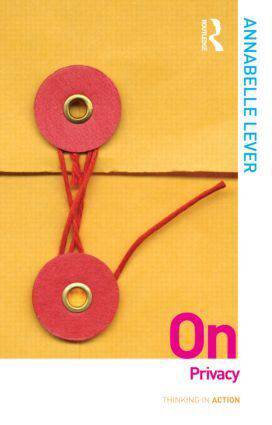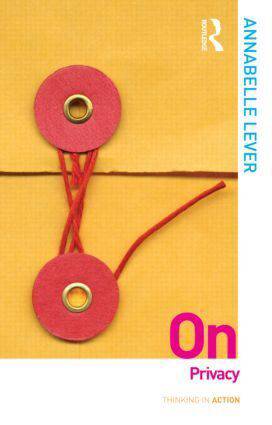
- Retrait gratuit dans votre magasin Club
- 7.000.000 titres dans notre catalogue
- Payer en toute sécurité
- Toujours un magasin près de chez vous
- Retrait gratuit dans votre magasin Club
- 7.000.000 titres dans notre catalogue
- Payer en toute sécurité
- Toujours un magasin près de chez vous
Description
This book explores the Janus-faced features of privacy, and looks at their implications for the control of personal information, for sexual and reproductive freedom, and for democratic politics. It asks what, if anything, is wrong with asking women to get licenses in order to have children, given that pregnancy and childbirth can seriously damage your health. It considers whether employers should be able to monitor the friendships and financial affairs of employees, and whether we are entitled to know whenever someone rich, famous or powerful has cancer, or an adulterous affair. It considers whether we are entitled to privacy in public and, if so, what this might mean for the use of CCTV cameras, the treatment of the homeless and the provision of public facilities such as parks, libraries and lavatories.
Above all, the book seeks to understand whether and, if so, why privacy is valuable in a democratic society, and what implications privacy has for the ways we see and treat each other. The ideas about privacy we have inherited from the past are marked by beliefs about what is desirable, realistic and possible which predate democratic government and, in some cases, predate constitutional government as well. Hence, this book argues, although privacy is an important democratic value, we can only realise that value if we use democratic ideas about the freedom, equality, security and rights of individuals to guide our understanding of privacy.
Spécifications
Parties prenantes
- Auteur(s) :
- Editeur:
Contenu
- Nombre de pages :
- 112
- Langue:
- Anglais
- Collection :
Caractéristiques
- EAN:
- 9780415395700
- Date de parution :
- 05-01-12
- Format:
- Livre broché
- Format numérique:
- Trade paperback (VS)
- Dimensions :
- 127 mm x 193 mm
- Poids :
- 158 g







